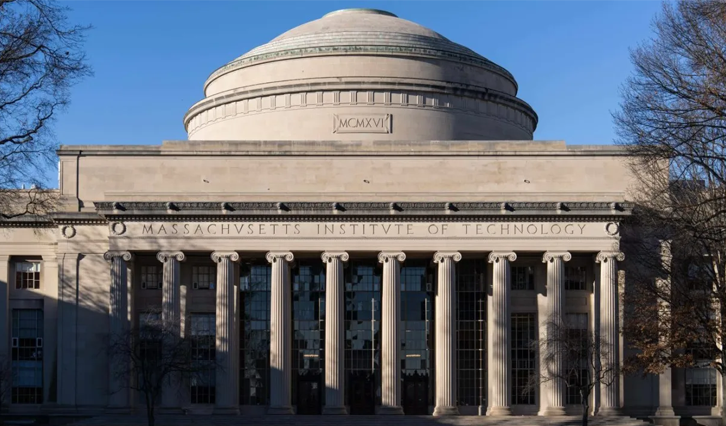We are in an era of unprecedented technological advancement. Yet American universities — long considered beacons of innovation — are facing an equally unprecedented crisis of confidence.
The Edelman Trust Barometer reveals a steady erosion of public trust across all pillars of society, with confidence in higher education falling to its lowest level ever. Critics from across the political spectrum increasingly label universities as elitist, self-interested, out-of-touch and unaccountable.
While these criticisms deserve serious attention, the current remedies — especially cutting research funding and laying off young research staff — carry significant risk.
The backbone of America’s research and development enterprise is a unique partnership between government and universities, a model with deep historical roots. Since the founding of institutions like MIT in 1861 and the development of the America research university model by Johns Hopkins in 1876, universities have been mandated to advance the nation’s “useful arts and manufactures.” This mission thrives on sustained investment and shared goals — between governments and universities, supported and amplified by philanthropic and industrial partners — shaping a research system that is the envy of the world.
Studies estimate that university-initiated innovation, alongside skilled workforce development, has driven about half of U.S. economic growth since World War II.
This university-government alignment is not simply a driver of prosperity; it is fundamental to American security. Undermining this critical bond jeopardizes our national security and interests. This reliance is clearly seen in the Department of Defense, which depends heavily on university research for advancements shaping the future battlefield, spanning fields like quantum sensors, self-healing materials and transformative aerospace engineering.
The need to strengthen our research universities comes at a moment when, according to a National Academies report, the U.S. “no longer has a monopoly on the top science.” Other nations are aggressively investing to challenge America’s lead in all aspects of research and development. China has massively ramped up research and development funding and now produces science at an unprecedented rate and scale, aiming to dominate sectors like AI, biotech, hypersonics and energy storage. China now nearly equals the U.S. in total research and development expenditures, and its whole-of-nation innovation push means America must run faster, not slower, in supporting science if we are to stay in the race.


